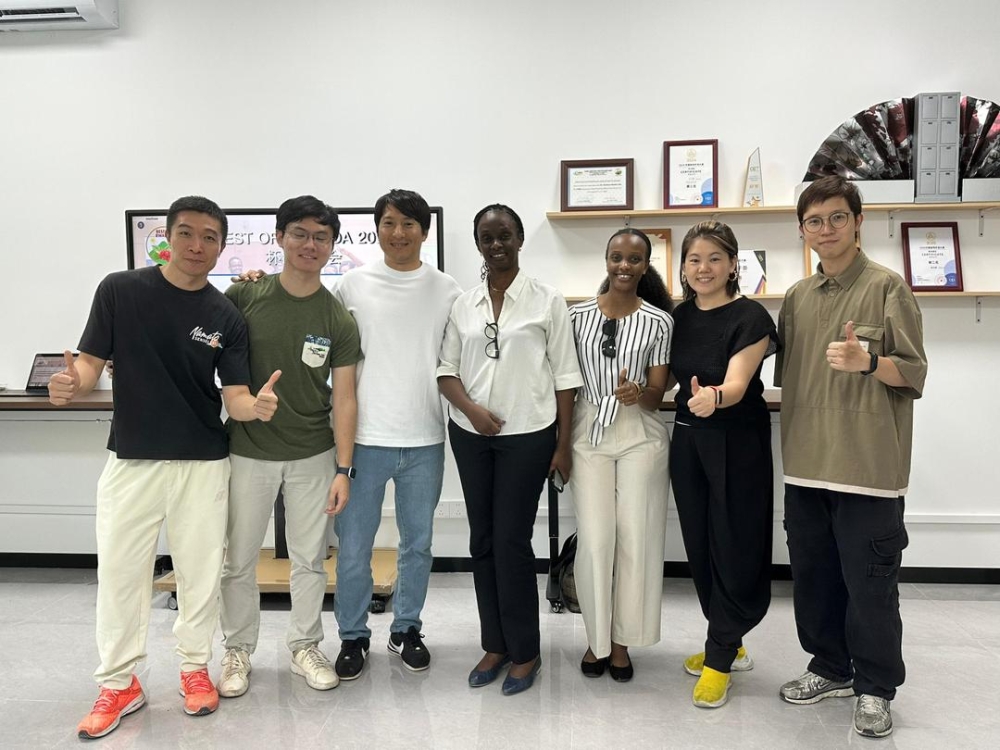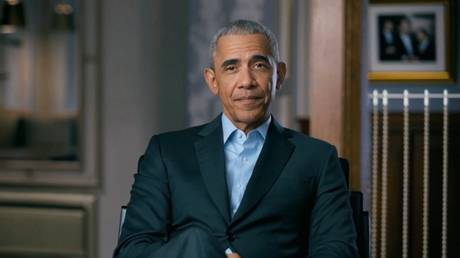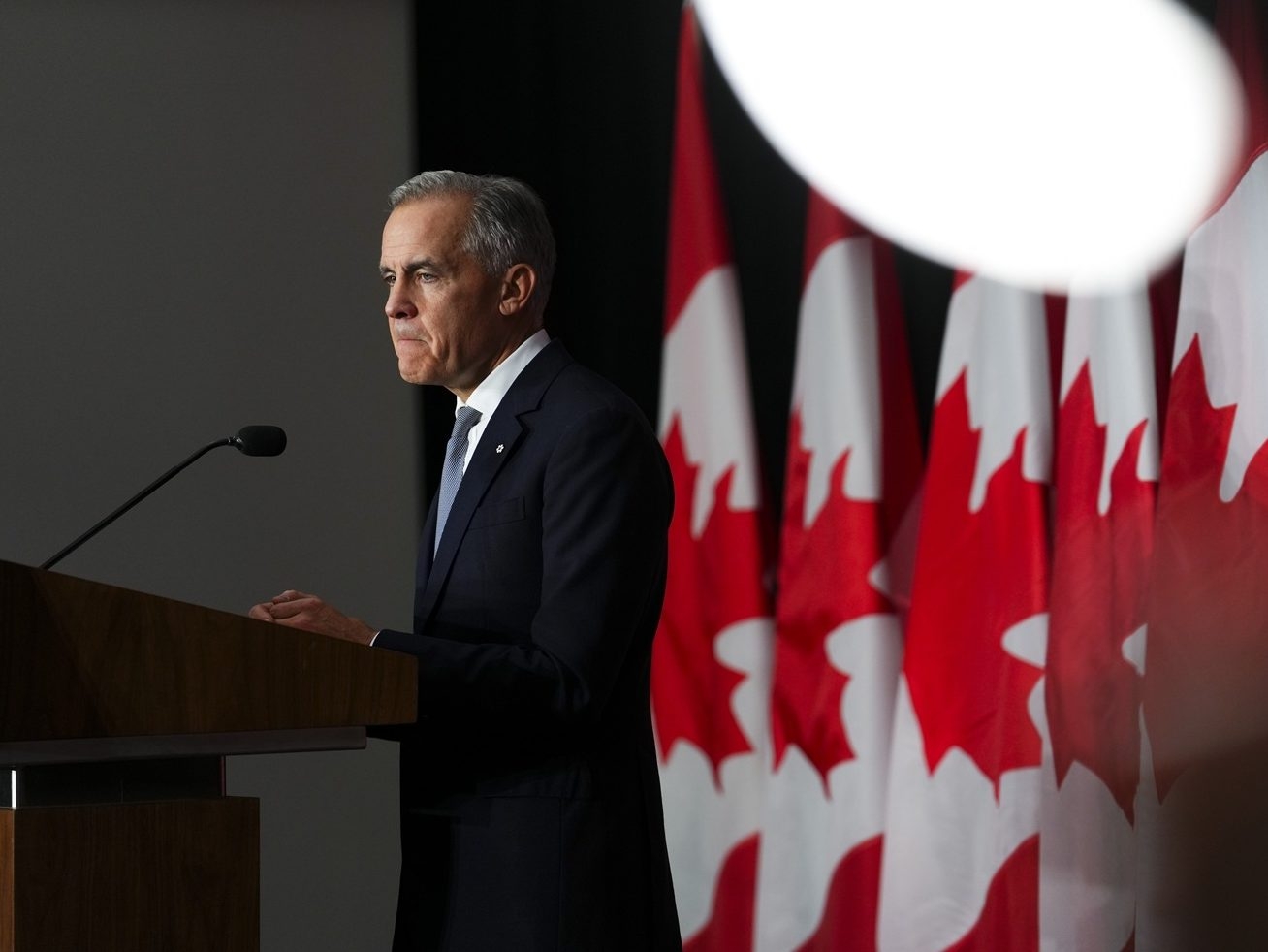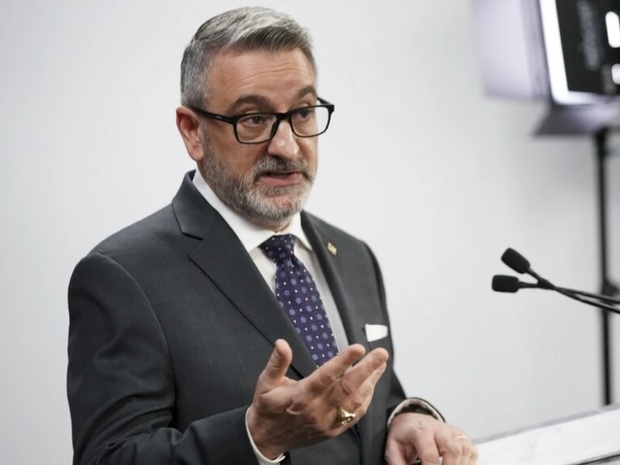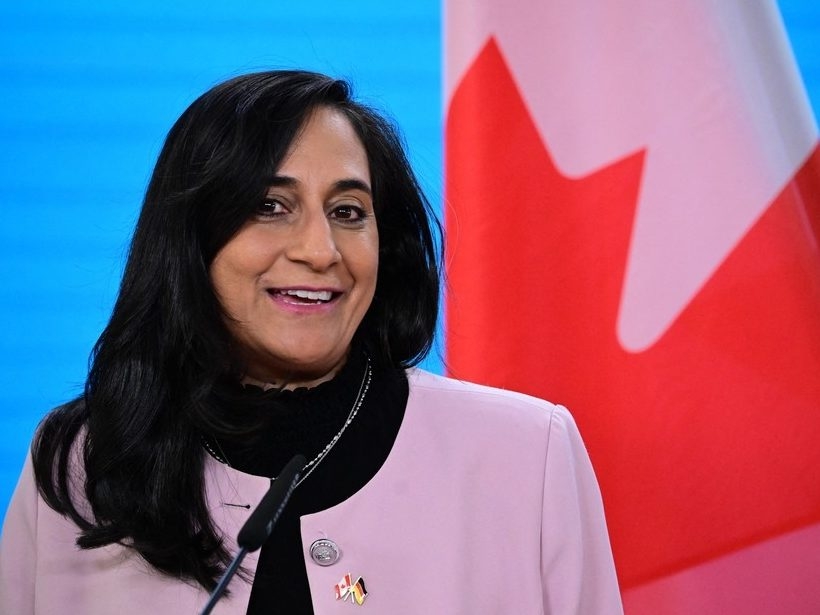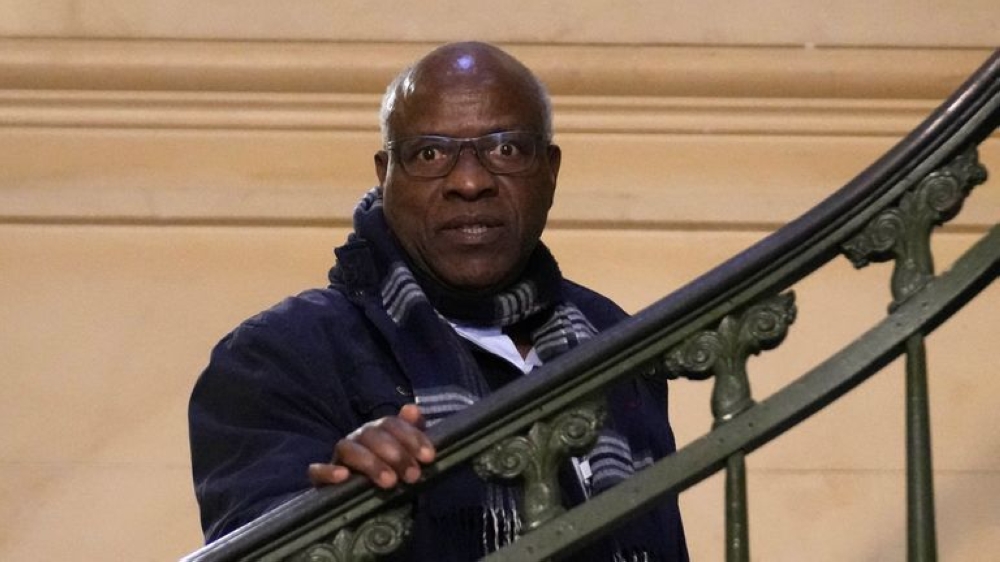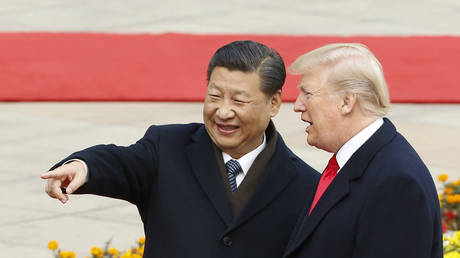Across Rwanda’s hills, coffee farmers are reaping the results of more than a decade of collaboration with the Japan International Cooperation Agency (JICA). Over the past 12 years, JICA has supported efforts to improve the quality of Rwandan coffee and strengthen its position in international markets.
This partnership has contributed to Rwanda’s growing reputation for producing premium coffee, recognised for its consistency and distinctive flavour. As JICA marks 20 years since reopening its office in Rwanda, coffee producers and cooperatives note the agency’s role in helping farmers and processors adopt good agricultural practices and better processing techniques, access training, and connect with global buyers.
Working closely with the National Agricultural Export Development Board (NAEB) and local cooperatives, JICA has supported the sector in introducing new initiatives such as the Best of Rwanda (BOR) competition, launched in 2024.
The platform highlights the country’s top coffees and offers producers’ greater visibility in the international specialty coffee market.
Coffee is one of the major agricultural foreign exchange earners for Rwanda.
One standout story comes from KOAKAKI, a coffee cooperative based in Kigarama Sector, Kirehe District, Eastern Province. Once a little-known group facing challenges towards implementation of good agriculture practices, KOAKAKI is now attracting buyers’ attention – thanks in large part to JICA’s technical and marketing support. In improving processing methods, and creating micro-lots, they were able to participate in the BOR competition.
“Our coffee was not known, but JICA made us visible as producers of quality coffee,” Jean de Dieu Niyonsaba, KOAKAKI’s cooperative manager told The New Times.
Founded in 2011, the cooperative only began shifting towards professional, market-oriented coffee production in 2022 after receiving support from JICA. That support came in the form of training, equipment, and innovative techniques that have dramatically improved both quality and yields.
JICA also trained farmers to produce organic manure using coffee husks and special worms—whose byproduct, a liquid extract, is now being used as an effective, low-cost biological control for coffee leaf rust, replacing expensive imported pesticides, according to Niyonsaba.
“This has significantly reduced our production costs,” Niyonsaba said. “Two litres of this worm extract can be diluted with 20 litres of water to protect the crop.”
JICA further supported KOAKAKI by providing field officers to assist farmers with best practices from harvest to post-processing, ensuring consistent quality along the entire coffee value chain. Equipment to monitor the quality of washed coffee, drying facilities, and market training were also part of the package.
Today, KOAKAKI has 150 cooperative members and works with over 1,000 farmers to meet the demands of its coffee washing station, which has a seasonal capacity of 500 tonnes.
Boosting global visibility from ‘Best of Rwanda’ competition
In 2024, in collaboration with JICA, NAEB launched the Best of Rwanda (BOR) competition, a new platform to spotlight the country’s finest coffees. This initiative invites coffee processors to submit their highest-quality beans, with the winning lots being auctioned to international buyers.
By involving both local and internationally renowned judges, the BOR competition ensures a high level of trust and credibility in the evaluation process. In its debut year, the competition drew nearly 300 submissions, from which 19 top lots were selected and auctioned to international buyers. Prices reached as high as USD71 per kilogramme— more than 10 times the typical average price.
According to Hiroaki Sonoda, coordinator of JICA’s Project for Strengthening and Promoting Coffee Value Chain in Rwanda (CUP2), and one of the organisers of BOR, the competition serves several strategic goals in line with promoting Rwanda’s coffee to global niche markets.
The CUP2 project focuses on each actor of the whole coffee value chain for the improvement of the quality and profitability of Rwandan coffee.
This includes creating long-term relationships between producers and buyers, encouraging continuous innovation in farming and processing, returning auction profits directly to producers to support quality and sustainability, and providing local producers critical feedback on international market trends and consumer preferences.
In 2025, the competition had expanded to 316 entries, and international bids surged—nearly 1,000 biddings for the top lots – and “we achieved a record-breaking price of USD 88 per kilogramme for the top lot,” Sonoda said.
He indicated that a cupping roadshow held in Japan and China helped further buyer interest, with both countries purchasing about half of the winning lots in 2024 and 2025.
“Through the Best of Rwanda initiative, we have fostered a strong sense of partnership not only with institutions such as NAEB and Rwanda’s Coffee Exporters and Processors Association (CEPAR), but also with exporters. Together, we take pride in opening new doors for high-quality Rwandan coffee — reaching not only Japan but also global markets, including new frontiers such as China and Saudi Arabia,” Sonoda said.
Sonoda also indicated that CUP2 project is committed to effective and sustainable organisation of BOR, including maximising awareness locally and internationally, and building a robust operational modality to manage a national auction through collaboration with NAEB and CEPAR.
Building global bridges
Among the producers who benefited from the BOR initiative is Claudine Kalila Kantengwa, Managing Director of Kivu Belt Coffee Ltd, based in Nyamasheke District. The company operates two coffee washing stations.
Kantengwa’s coffee was among the winning entries in the 2025 competition, and she participated in the promotional roadshow to Japan and China.
As part of the promotion, Kantengwa spent two weeks travelling across three cities in Japan: Tokyo, Osaka and Fukuoka, and two cities in China: Shanghai and Guangzhou. She cupped coffee with potential buyers and explained the unique qualities of her product.
“We directly met with buyers, explained what makes our coffee stand out, and secured interest. JICA coordinated all our appointments, and logistics for 12 times of the cupping sessions with over 150 potential buyers,” she said, appreciating the support she described as significant.
Her participation paid off. Kivu Belt’s coffee sold for around $29.9 per kilogramme at the online auction, which she said was more than double the typical price. “Winning the competition gave us more than just sales,” Kantengwa emphasised. “It increased our visibility and opened up new market opportunities.”
She said that interaction with international buyers provided critical insights into global preferences, helping producers align their quality standards with market demands.
“The initiative doesn’t just promote coffee—it builds Rwanda’s reputation on the global stage,” she added. “It fosters connections that lead to repeat purchases and long-term contracts.”
Essence of 12 years of partnership
JICA’s Chief Representative in Rwanda, Shiotsuka Minako, highlighted the essence of the agency’s coffee-sector work since 2013.
“Our focus has always been on the farmers in the field and the improvement of their livelihoods — and we will continue to work hand-in-hand with them. Every step matters. JICA experts consistently collaborate with farmers to improve every step --- from soil selection to post-harvest processing,” she said.
“We, JICA, nurture learning among farmers and drive transformation through their own initiatives. We serve as the bridge ensuring their efforts gain international recognition,” Minako said.
JICA’s long-standing partnership with Rwandan institutions has not only strengthened technical capacity but also shifted mindsets towards innovation, quality, and international competitiveness.
Through the CUP2 Project and initiatives like BOR, JICA continues to position Rwanda as a producer of top-quality coffee—and an emerging innovation hub on Africa’s specialty coffee scene.
